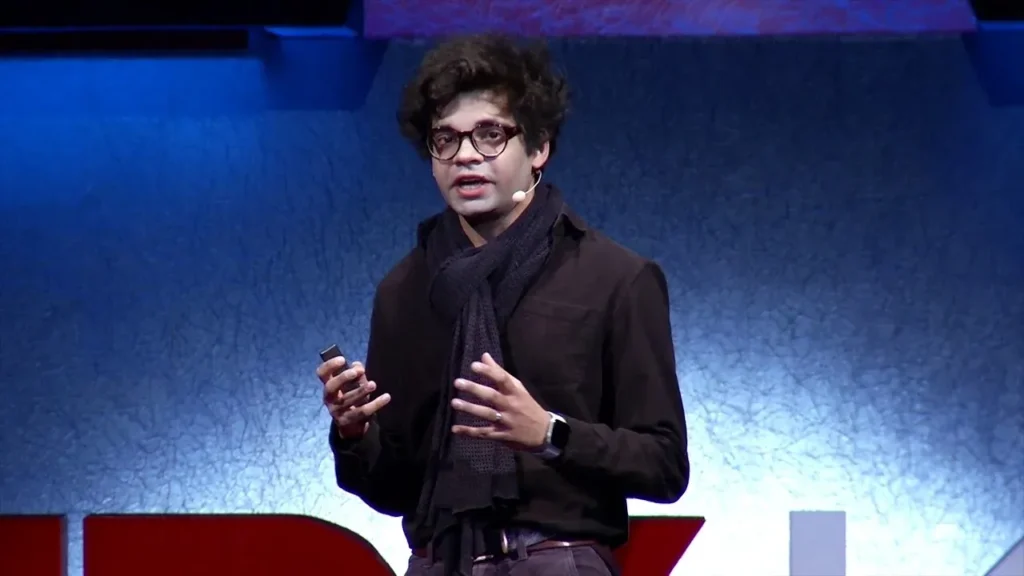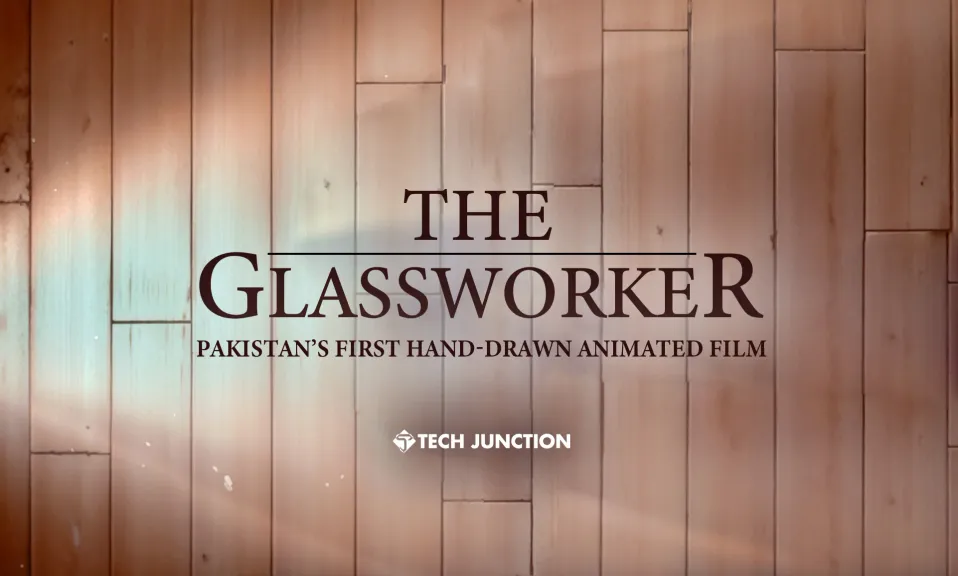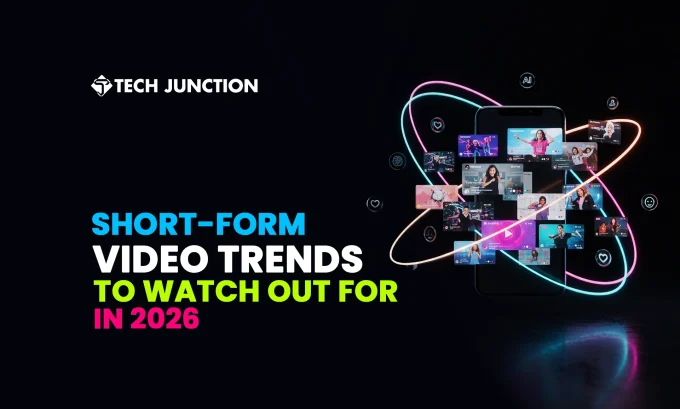A groundbreaking project in Pakistan’s film industry has captured local and international attention: “The Glassworker.” This vibrant masterpiece is Pakistan’s first hand-drawn animated film. Led by Usman Riaz and his talented team at Mano Animation Studios. “The Glassworker” depicts the power of art, dedication, and cultural storytelling. This milestone showcases the country’s emerging talent and sets a new standard for Pakistani cinema. Let’s delve deeply into the vision of this project.
Usman Riaz: The Maestro Behind the Magic

Usman Riaz, a multi-talented artist and musician, envisioned creating a film that combines the rich tradition of hand-drawn animation with compelling storytelling. Inspired by the works of Studio Ghibli and other animation legends, Riaz aimed to create a unique narrative that resonates with audiences of all ages.
His dream materialized with the founding of Mano Animation Studios, which has since become a beacon of creativity in Pakistan. Animators at Mano work remotely and belong to various countries. They use storyboards in animated frames and polish the tasks by hand using Wacom tablets and Photoshop. As a result, it creates a good balance between traditional and modern techniques.
A Story Rooted in Tradition
“The Glassworker” is a coming-of-age tale about Vincent, an apprentice glassblower, and Alliz, a young violinist from different backgrounds, forming a deep friendship despite their fathers’ conflicting worldviews. Set in a fictional world, their lives intertwine through their shared love for art and music. Their journey to self-discovery unfolds against a world increasingly divided by conflict.
The film beautifully explores themes of loss, nationalism, class, and artistry, reflecting the challenges of growing up in post-9/11 Pakistan while featuring Pakistani aesthetics. It emphasizes love and innocence amidst war, using glass as a metaphor for life’s fragile beauty. The story unfolds with Vincent and Alliz as fully-developed characters, gradually revealing their childhood experiences and relationships.
Hand-Drawn Animation & Future Prospects
This project stands out in an era dominated by CGI because it is hand-drawn, a technique known for its timeless charm. The creation of “The Glassworker” involved a team of skilled hand-drawing artists who meticulously drew and painted each scene. The process was labor-intensive, requiring dozens of individual drawings to create the fluid motion.
“The Glassworker” transcends mere cinema; it marks a pioneering journey shaping the future of hand-drawn animation in Pakistan. Its hype and popularity prove the existence of a receptive audience for locally crafted animation. This milestone will attract more investments and a deeper interest in Pakistan’s animation sector.
“The Glassworker” ignites the creative spirit by forging ahead. It offers a beacon of inspiration to budding artists and animators, urging them to blend tradition with innovation in their storytelling endeavors.
Work Inspirations
Usman Riaz shares insights on how his project is “an anti-war film” inspired by the work of Hayao Miyazaki, who he grew up watching. For the plot, Riaz also drew inspiration from real-life characters, such as the hurdles Alliz deals with as the daughter of an Army Colonel, derived from Riaz’s mother, whose father served in the Army.
Riaz intentionally portrays Alliz and Vincent as gentle characters even in a warzone, making Vincent a glassblower and Alliz a violinist, inspired by his own background as a classically trained musician.
Vincent’s character writing was deeply inspired by Riaz’s teenage trip to Venice, where he observed the Murano Island glassblowers. While animating Alliz’s delicate hand movements as she manipulates the strings of her violin was something familiar to Riaz, the process of glass blowing was completely foreign and required a hefty amount of research and a bit of travel.
Challenges and Triumphs
Bringing “The Glassworker” to life was not without its challenges. The Pakistani animation industry is still nascent, with limited resources and infrastructure compared to global standards. The vast majority of the Pakistani audience also needs more awareness and appreciation for animated content.
Despite these obstacles, Riaz and his team persevered, relying on crowdfunding and international collaborations to fund the project. Their resilience and passion have been instrumental in bringing this dream to fruition.
International Recognition and Support
“The Glassworker” has captured significant international attention, been showcased at various film festivals, and been acclaimed for its artistic merit and storytelling. This recognition has highlighted Pakistani animation on the global stage and inspired a new generation of animators and storytellers in the country.
When recently presented at the greatest Cannes Film Festival, director Usman Riaz reflected on his decade-long journey, noting that initial skepticism has given way to widespread acclaim. “The Glassworker” is the first film from the subcontinent selected for the Annecy International Animation Film Festival 2024, competing alongside mainstream Hollywood and Japanese animations.
Final Thoughts
“The Glassworker” is a milestone in Pakistan’s cinematic landscape, spotlighting the country’s inaugural venture into hand-drawn animation. Spearheaded by the visionary Usman Riaz and the unwavering commitment of Mano Animation Studios, this cinematic gem celebrates the elegance of hand-drawn animation. It amplifies Pakistani narratives on a global platform.
With its eagerly anticipated release set for this summer, “The Glassworker” is ready to illuminate big screens as a testament to creativity, reviving the imaginations of aspiring animators and artists for generations to come.
The Tech Junction is the ultimate hub for all things technology. Whether you’re a tech enthusiast or simply curious about the ever-evolving world of technology, this is your go-to portal.















